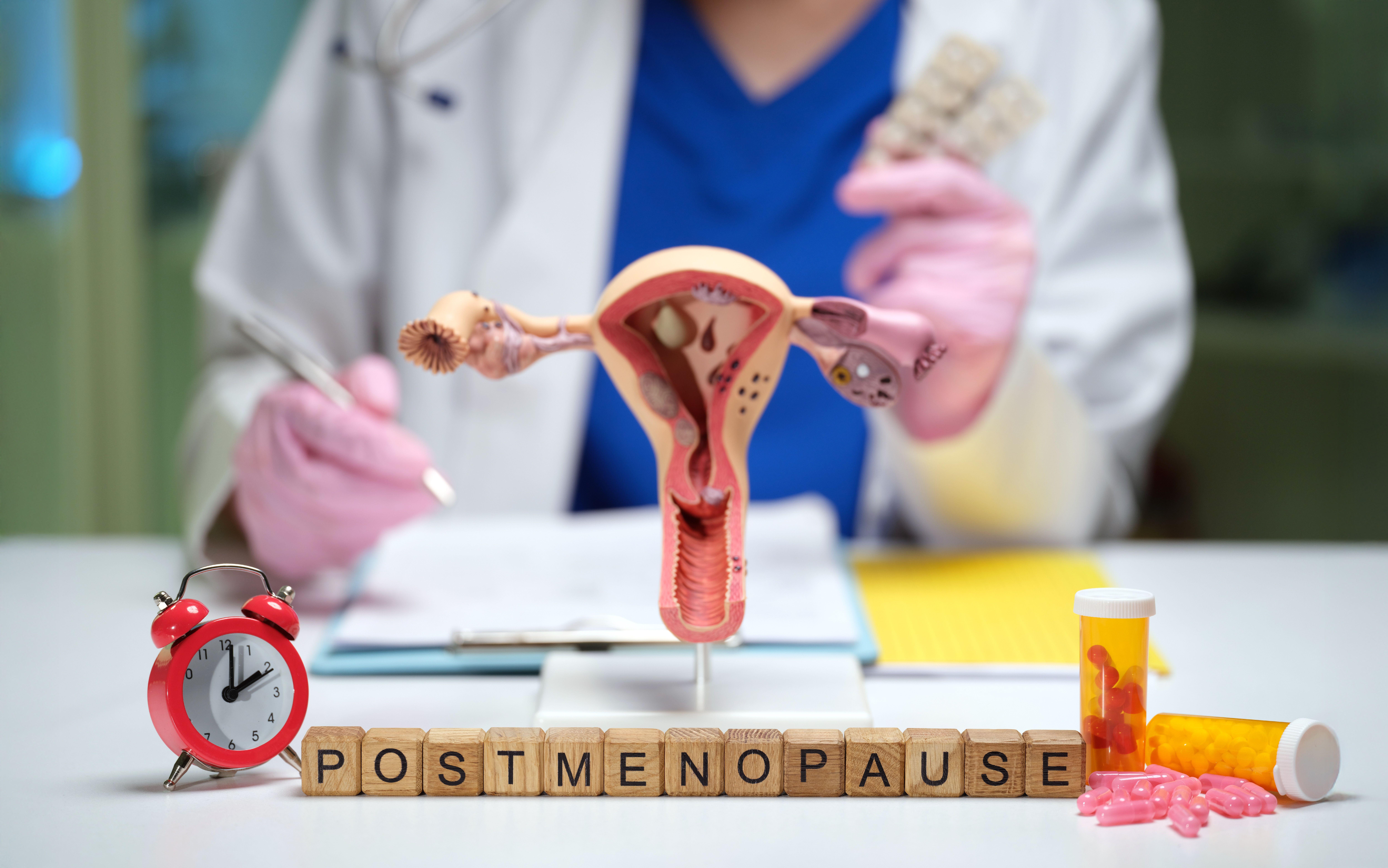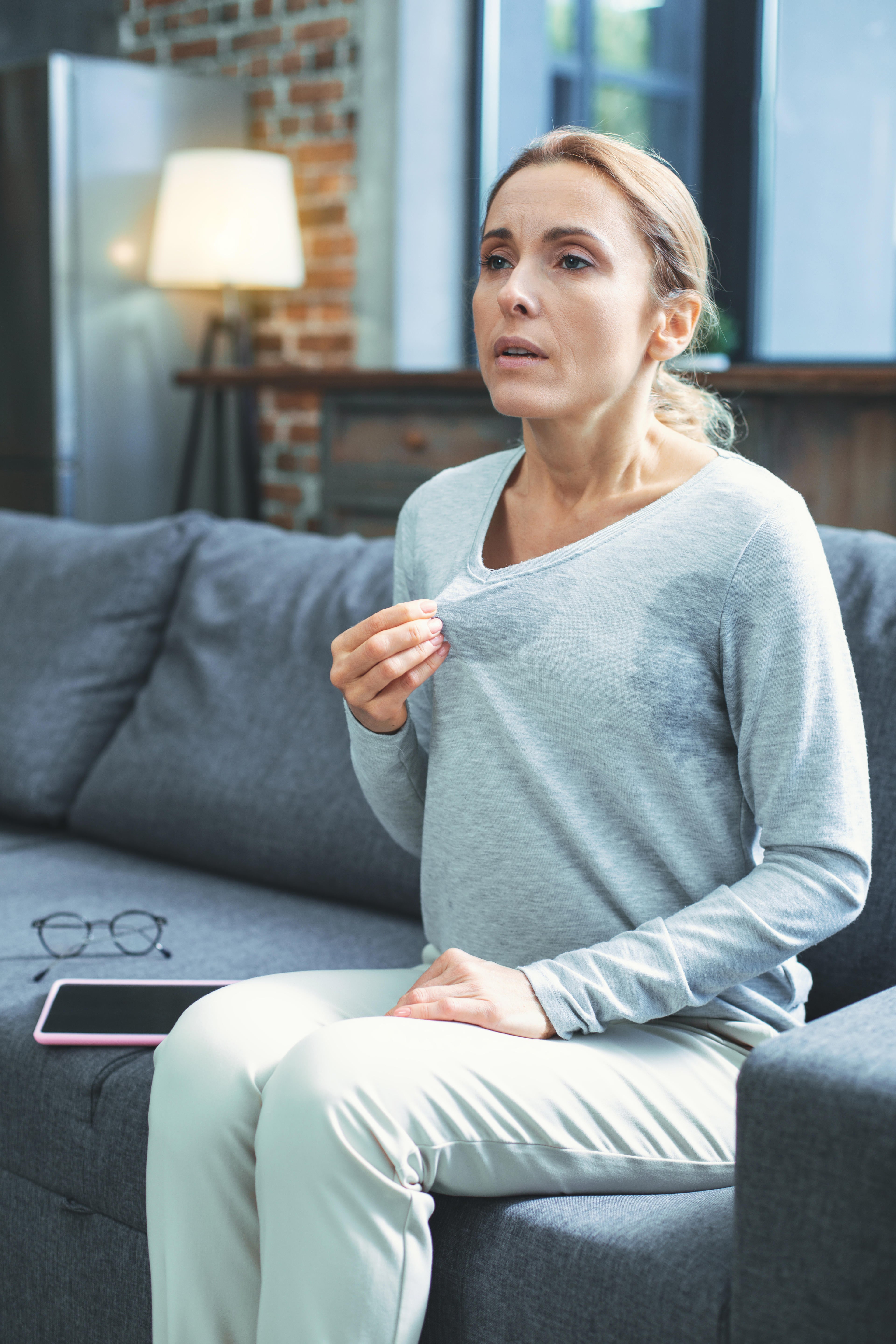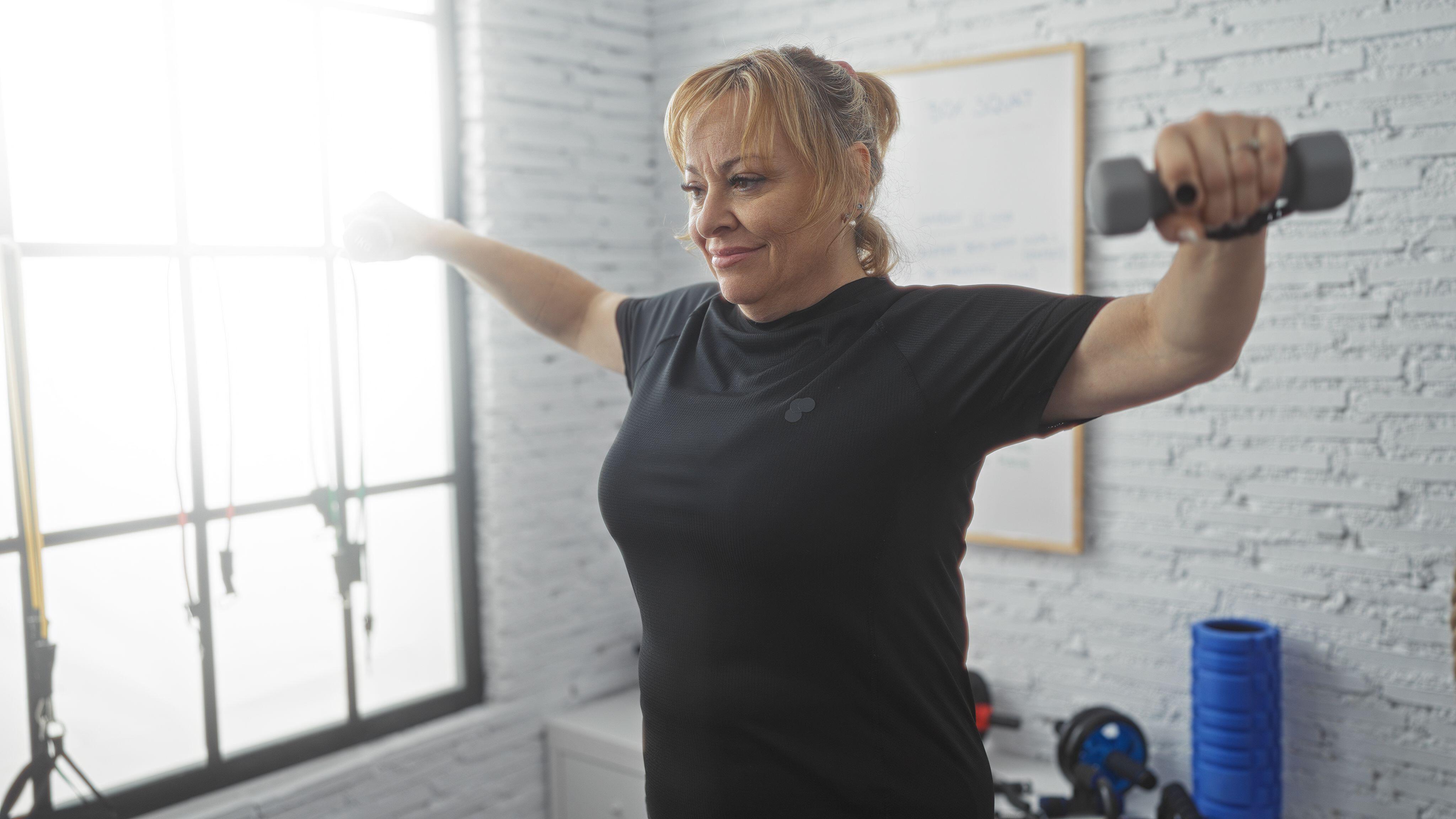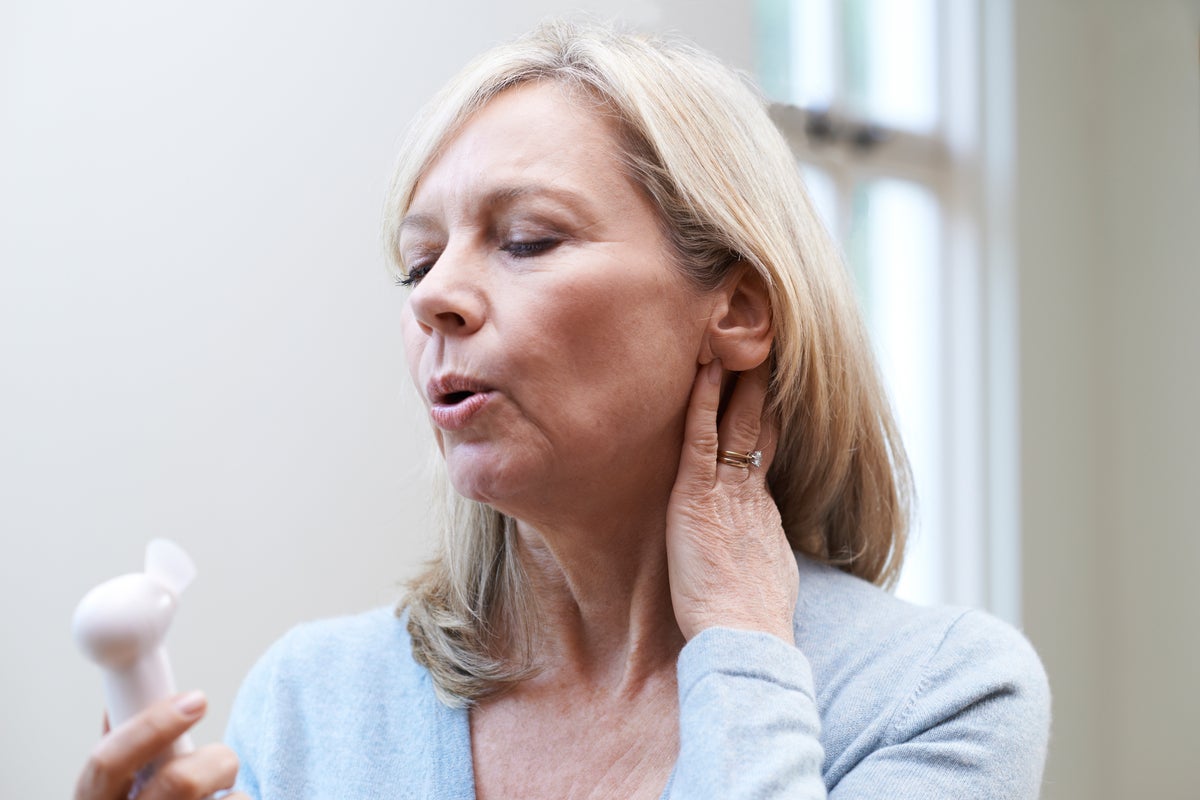While menopause often marks a significant transition, the subsequent postmenopausal phase can present a new, often uncharted, landscape for many women.
Though familiar symptoms like hot flushes and mood swings may begin to subside, the body continues to experience profound physical, emotional, and hormonal shifts.
To shed light on this evolving stage, The Independent spoke with Dr Naomi Potter, a leading menopause specialist and founder of Menopause Care.
Dr Potter offered clarity on the realities of postmenopause, detailing the expected changes and providing practical advice to navigate this new chapter with greater confidence.

What exactly is postmenopause?
“Postmenopause refers to the time after a woman has gone 12 consecutive months without a period,” explains Potter. “This confirms that menopause has occurred and marks the beginning of postmenopause.”
What age does this usually occur?
“According to the British Menopause Society, the average age of menopause in the UK is 51, so most women enter postmenopause in their early 50s,” notes Potter. “That said, there’s a wide range as some women reach menopause earlier due to genetics, medical treatment, or surgical removal of the ovaries.
“Postmenopause then continues for the rest of a woman’s life, though symptoms and health considerations change over time.”
What are some common misconceptions about postmenopause?
One of the biggest misconceptions is that once periods stop, everything “goes back to normal” or symptoms disappear completely.
“While it’s true that for many women, intense symptoms such as hot flushes or mood swings start to ease, others may continue to experience them for years, especially if left untreated,” clarifies Potter.
Another common myth is that HRT is no longer appropriate or safe after menopause.
“In fact, for many women, HRT remains a highly effective and safe option well into postmenopause, particularly for bone, heart and cognitive health – provided it’s started within the right window and tailored to the individual,” says Potter.
What changes happen in the body during this time?
“During postmenopause, levels of oestrogen and progesterone remain consistently low,” explains Potter. “The dramatic fluctuations of perimenopause are behind you, but the long-term impact of low hormone levels becomes more noticeable.
“These hormonal changes can affect nearly every system in the body. You may notice changes in your skin (dryness, thinning), your joints (more stiffness), your vaginal and urinary health (dryness, irritation, or more frequent infections), and even how your metabolism or memory feels. Bone density naturally declines, and cardiovascular risk increases – both of which are influenced by the loss of oestrogen’s protective effects.”
What are some common symptoms of postmenopause? Do intense symptoms begin to subside?
“For many women, symptoms like hot flushes, night sweats and mood swings do start to ease – but not for everyone, and certainly not right away,” says Potter. “In fact, research found that 40 per cent of postmenopausal women in Europe still report moderate to severe vasomotor symptoms such as hot flushes and night sweats. These symptoms can persist for an average of seven to 10 years, and for some women, they may continue for a decade or more.”

Meanwhile, other symptoms such as vaginal dryness, low libido, dry skin and joint aches may become more noticeable after menopause, highlights Potter.
“It’s important to know that these symptoms are not just something to put up with,” she stresses. “There are treatments available, both hormonal and non-hormonal, that can help significantly.”
Some women also experience postmenopausal bleeding.
“While it’s not always serious, it should always be checked, even if it only happens once,” advises Potter. “This is something that came up during my conversation with Dame Kelly Holmes on my Is It Hot In Here? podcast.
“She hadn’t realised that postmenopausal bleeding needs investigation and after seeing her doctor it turned out to be a benign endometrial polyp. It’s an important reminder not to ignore changes in your body.”
Are there any health complications or risks associated with postmenopause?
“The drop in oestrogen levels increases the risk of several long-term health conditions such as osteoporosis due to accelerated bone loss, heart disease (as oestrogen has protective effects on blood vessels) and type 2 diabetes due to changes in metabolism and insulin sensitivity,” explains Potter. “It can also increase the risk of urinary tract and vaginal health issues due to thinning of tissues, and cognitive changes like memory lapses or brain fog.
“Awareness and proactive care can make a huge difference in managing these risks.”
What are your top health and lifestyle tips for women navigating this period?

Exercise regularly
“Strength training and weight-bearing exercise help protect bone density and muscle mass,” says Potter.
Eat a balanced diet
“Eat a balanced diet rich in protein, calcium, vitamin D, fibre and healthy fats – and try to limit sugar and ultra-processed foods,” recommends Potter.
Prioritise sleep
“Prioritise sleep and seek support if insomnia or night sweats persist,” advises Potter.
Maintain a healthy weight
“Maintain a healthy weight, especially to reduce heart disease and diabetes risk,” recommends Potter.
Consider HRT
“HRT can still be a very effective option if symptoms persist or health risks are a concern, even in postmenopause,” says Potter.
Stay social and seek support
“Stay socially and emotionally connected,” advises Potter. “Support networks, mindfulness and mental health matter just as much as physical care.”
Keep up to date with regular health check-ups
“Have regular health check-ups, including blood pressure, cholesterol, bone density scans and cervical or breast screenings,” recommends Potter.






